10 water-rich foods to stay hydrated this summer
By Jessah Robinson, Adv Dip (Nut Med)
As we are now well into the summer heat, it is more important than ever to ensure you are adequately hydrated. This time of the year is infamous for heat stroke and heat exhaustion which is critically linked to dehydration. Not drinking enough water causes symptoms such as fatigue, headaches, muscle cramps, dizziness, and a rapid heart rate. While an obvious way to be properly hydrated is to increase water intake, another great way is to incorporate water-rich foods into your diet such as:
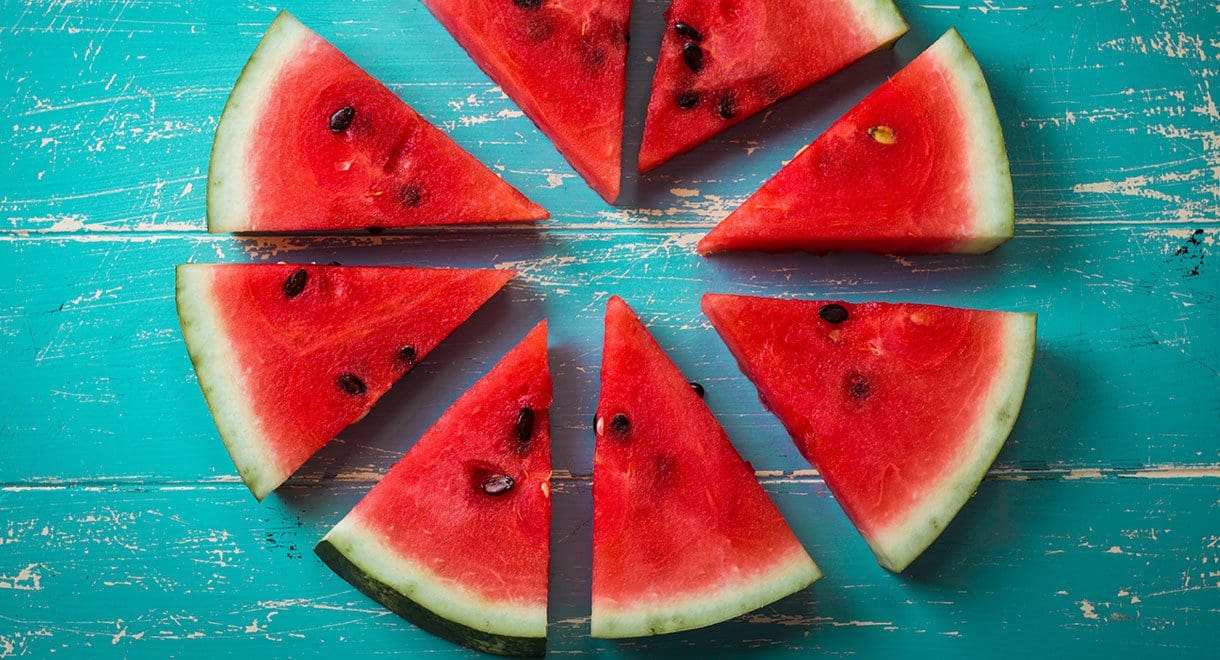

1. Watermelon
With the word itself containing ‘water’, it should come as no surprise that watermelon is one of the most hydrating foods you can eat containing a whopping 92% water! Due to their high-water content and low-calorie density, watermelons are great for promoting satiety and curbing appetite. They also contain powerful antioxidants such as lycopene, and make the perfect snack or side dish.
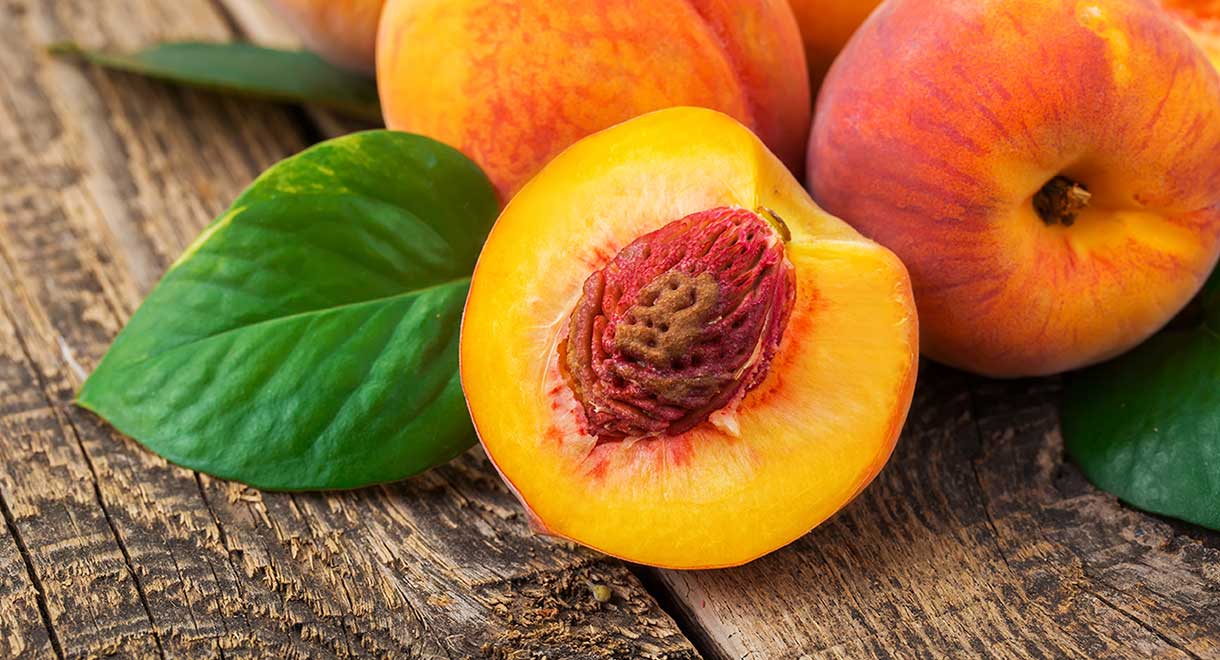

2. Peaches
Not only are these nutrient-dense and hydrating, they also happen to be in season and are delicious. Because of their high water and fibre content they are also filling and low in calories. They are great added to smoothies, salads, yoghurt or as a healthy snack.
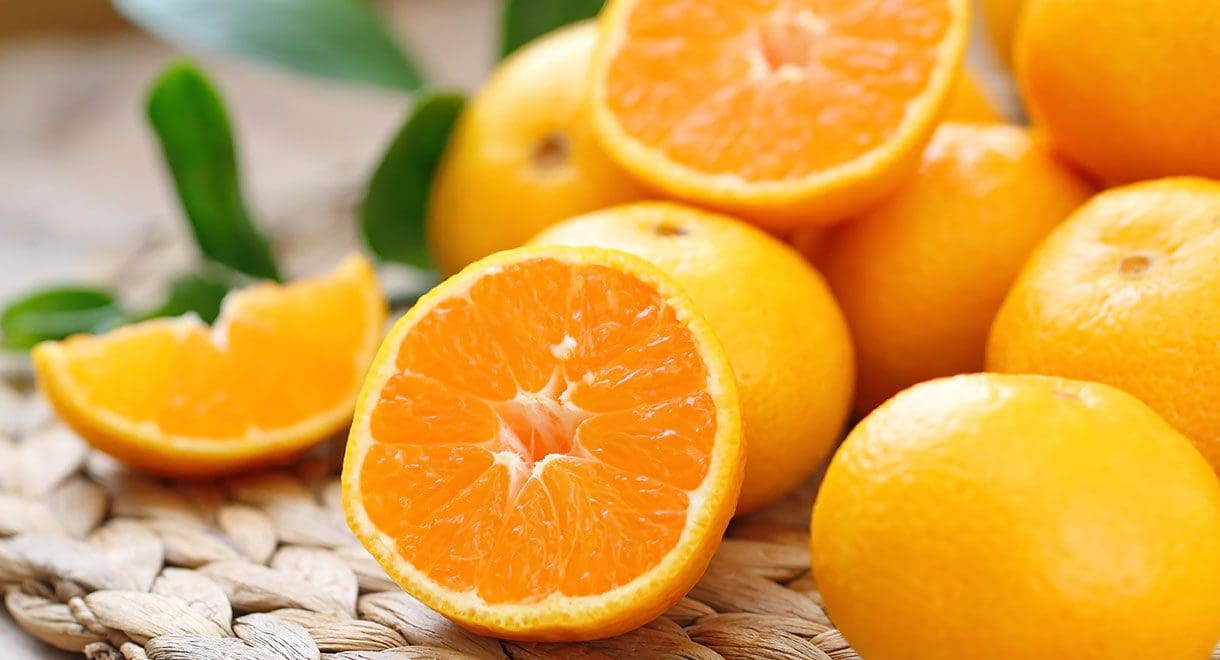

3, Oranges
Oranges are renowned for their high vitamin C content, but perhaps less known for their hydrating effects. One orange contains approx. half a cup of water plus fibre and several other nutrients and antioxidants. The combination of water and fibre in oranges can help make you feel full which allows for better appetite control.
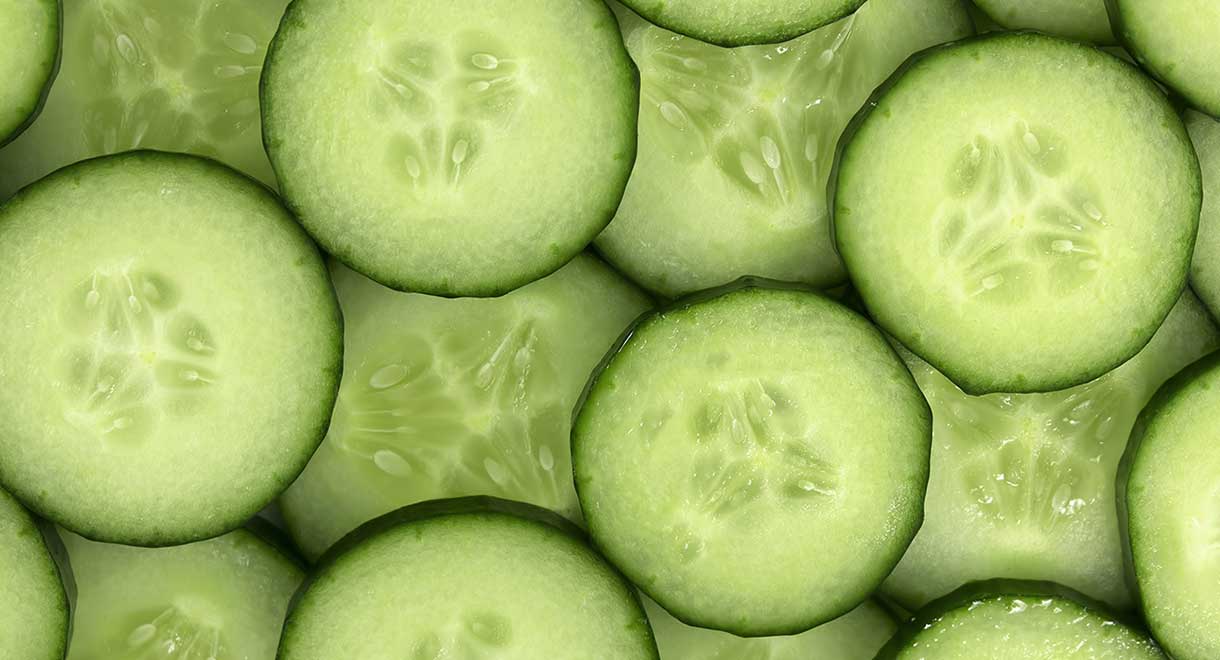

4. Cucumber
With a water content of 95% these green vegetables are made up almost entirely of water. Not to mention, compared with other water-rich vegetables they are one of the lowest in calories with a half cup containing just 8 calories. Cucumbers go well in salads or sandwiches, as well as dipped in hummus.
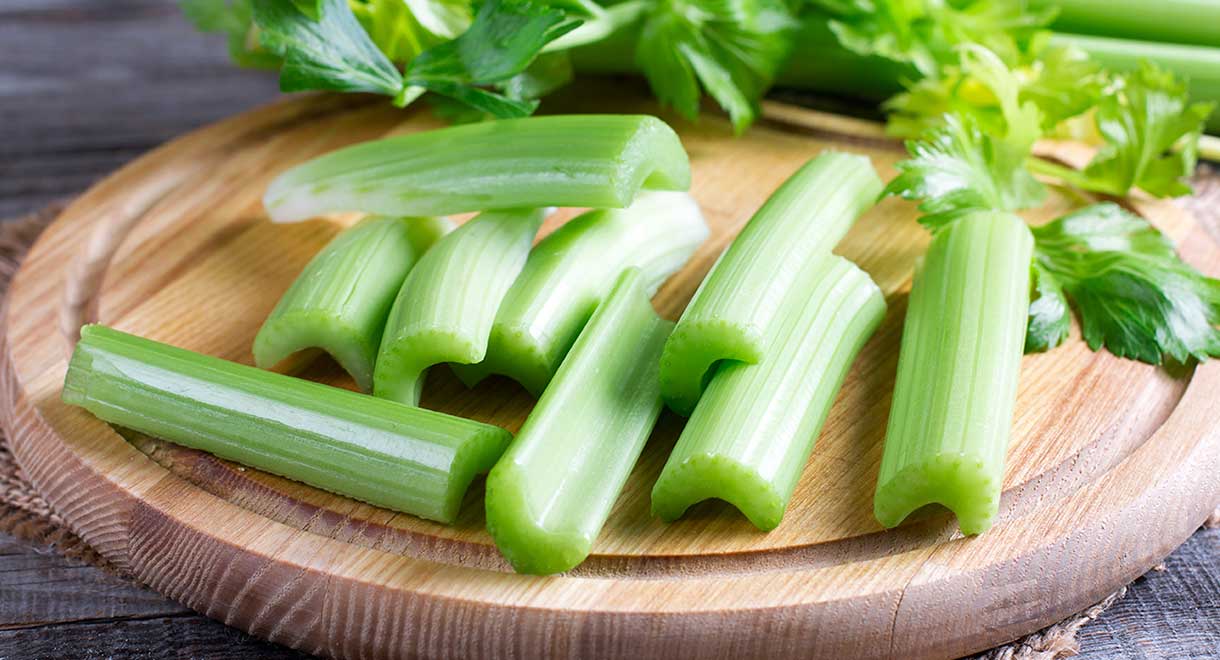

5. Celery
With the same water and calorie content as cucumbers, celery is another healthy and hydrating food to include in your diet. High in vitamin K, fibre and potassium, it also supports healthy blood clotting, gut health and muscle function. As it can be consumed raw or cooked, celery is a great addition to soups and salads or dipped in hummus or tzatziki.
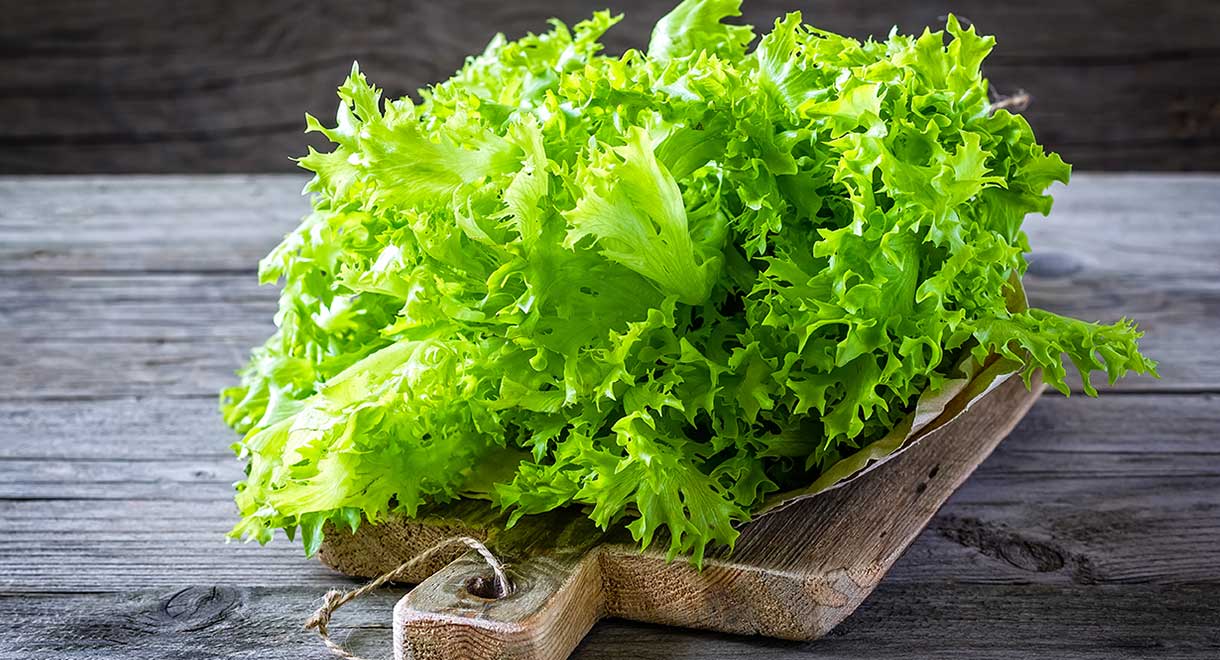

6. Lettuce
These crisp vegetables offer several nutritional benefits. Lettuce is not only high in water, but also fibre, vitamin A and vitamin K to aid digestion, immune health and bone health. Lettuce can easily be added to salads, sandwiches or used as a replacement “gluten-free” bun.
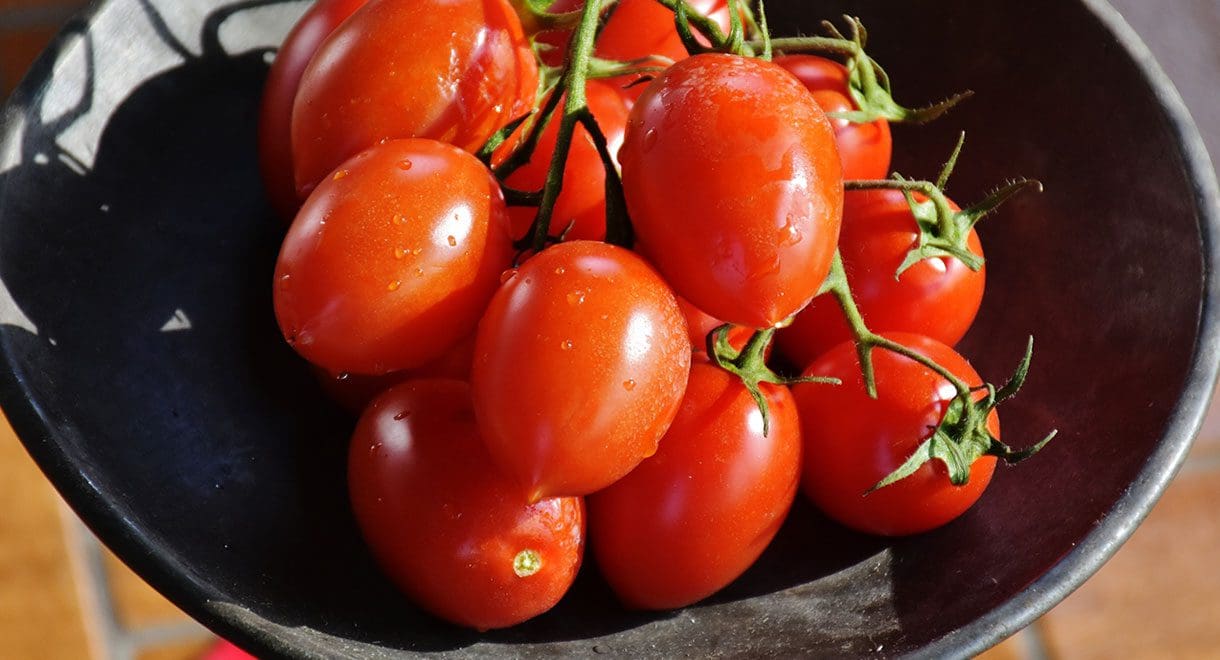

7. Tomatoes
The juicy tomato has an impressive health profile, providing several important vitamins and minerals, including immune-boosting vitamins A and C. Just one medium tomato contains about a half cup of water and is also high in fibre. Tomatoes are also extremely versatile as they are delicious raw or cooked and are popular in soups, salads, sauces and several other dishes.
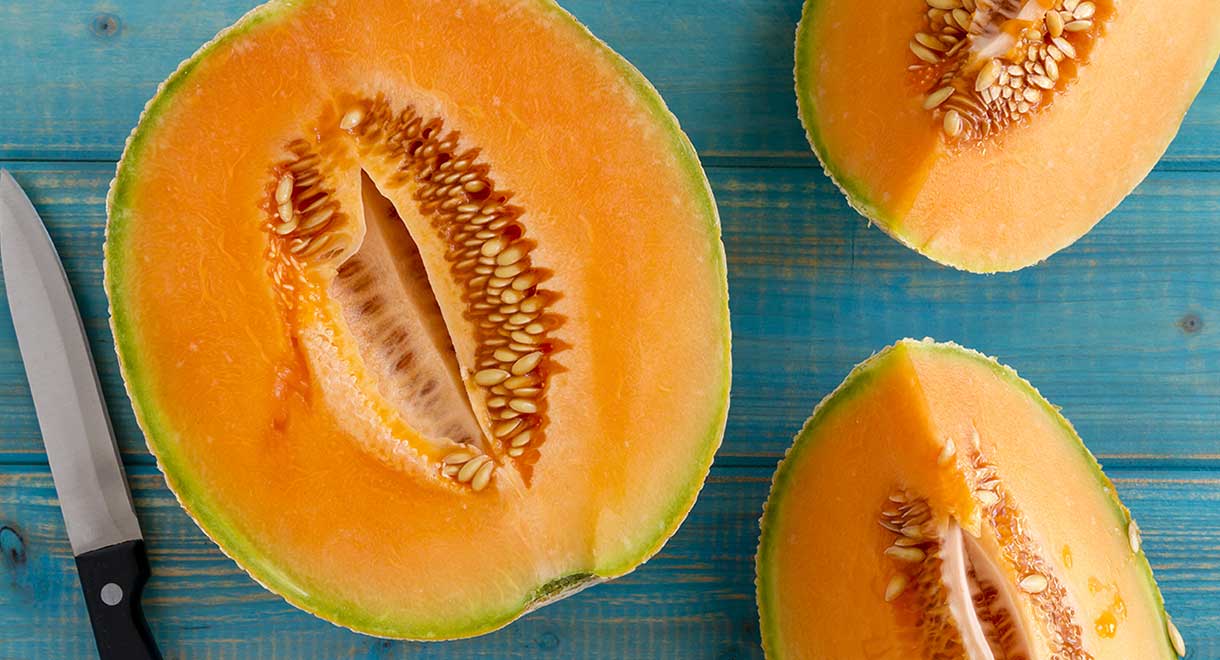

8. Rockmelon
These orange melons are not only delicious and refreshing but also high in nutrients. Each fruit contains 90% water as well as being high in immune-boosting vitamin A and fibre. Rockmelon goes great in salads, smoothies, yoghurt or simply eaten on its own.
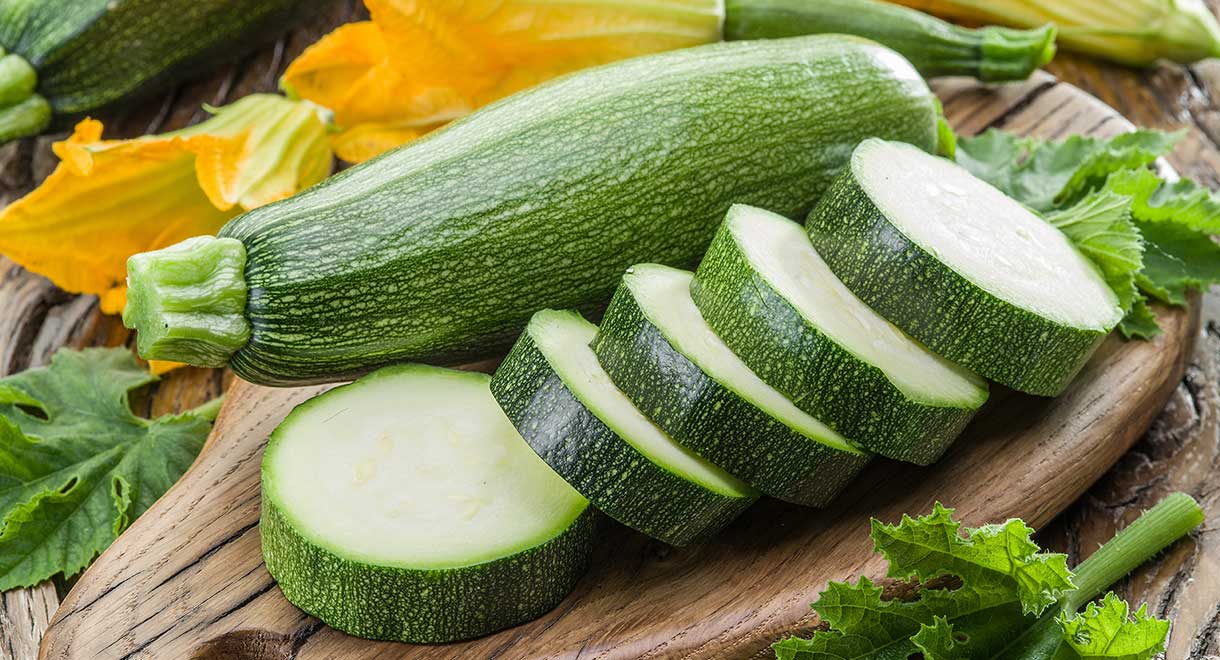

9. Zucchini
With a rich water and fibre content, zucchinis are great for promoting fullness and are low in calories at the same time. They are also high in vitamin C, a powerful antioxidant and immune booster. Zucchini can be added to soups, stir-fries, savoury muffins or made into “zoodles”.
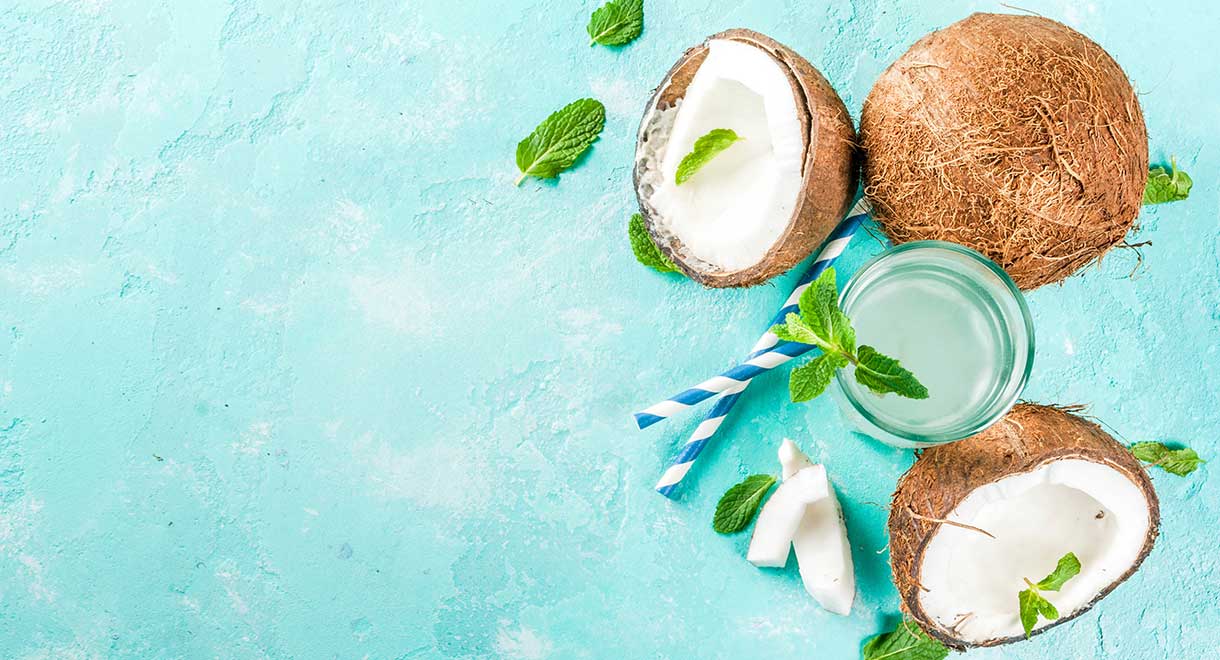

10. Coconut water
Although not technically a food, coconut water is an extremely hydrating beverage that is also rich in electrolytes. Because of this reason, it is much better to opt for coconut water after a sweaty exercise session rather than energy drinks to replenish electrolytes that were lost through sweat.
Raw juices are a great way to get a concentrated, well absorbed dose of vitamins and minerals and there are plenty of hydrating juices in Dr Cabot’s book ‘Raw Juices Can Save Your Life’.




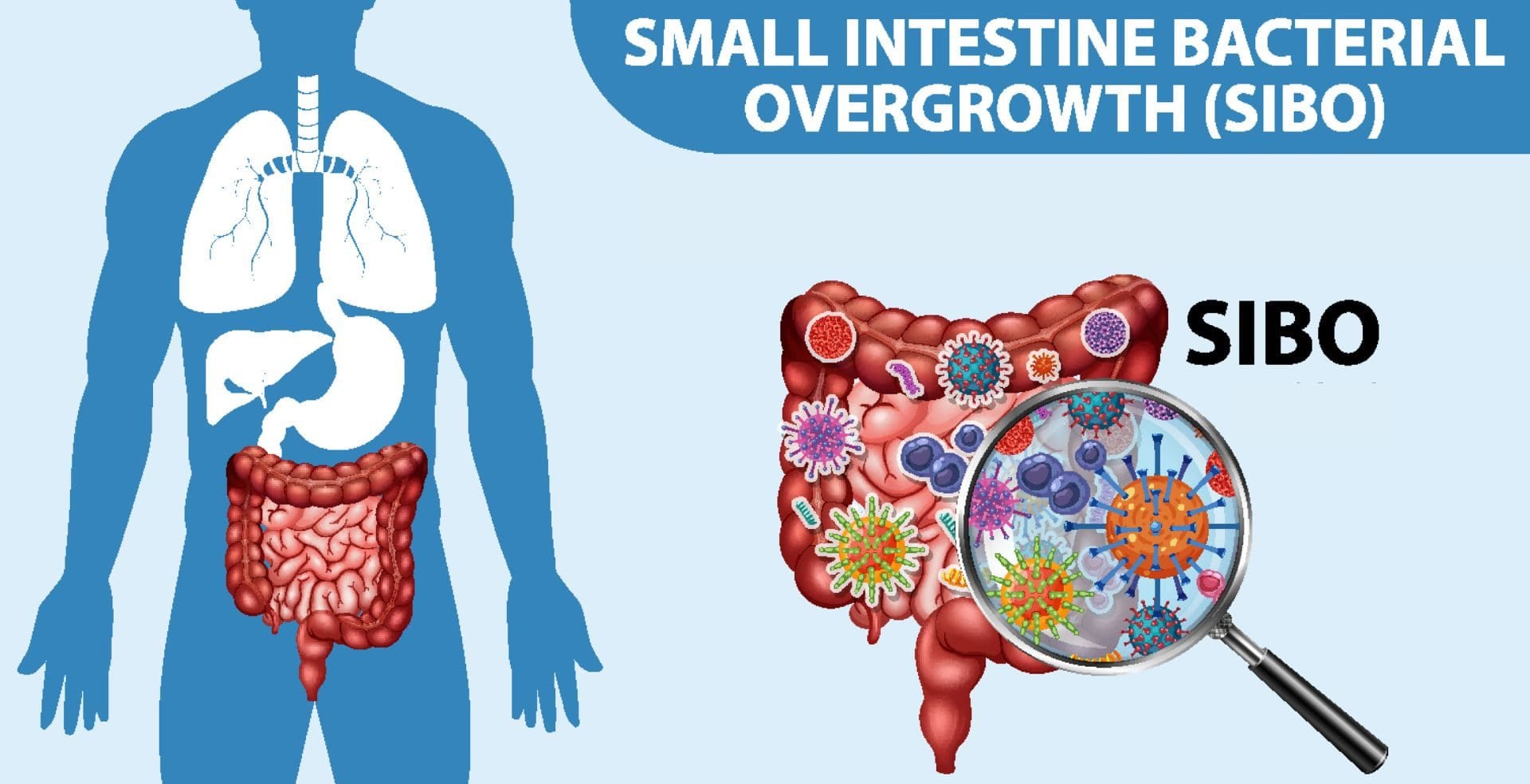


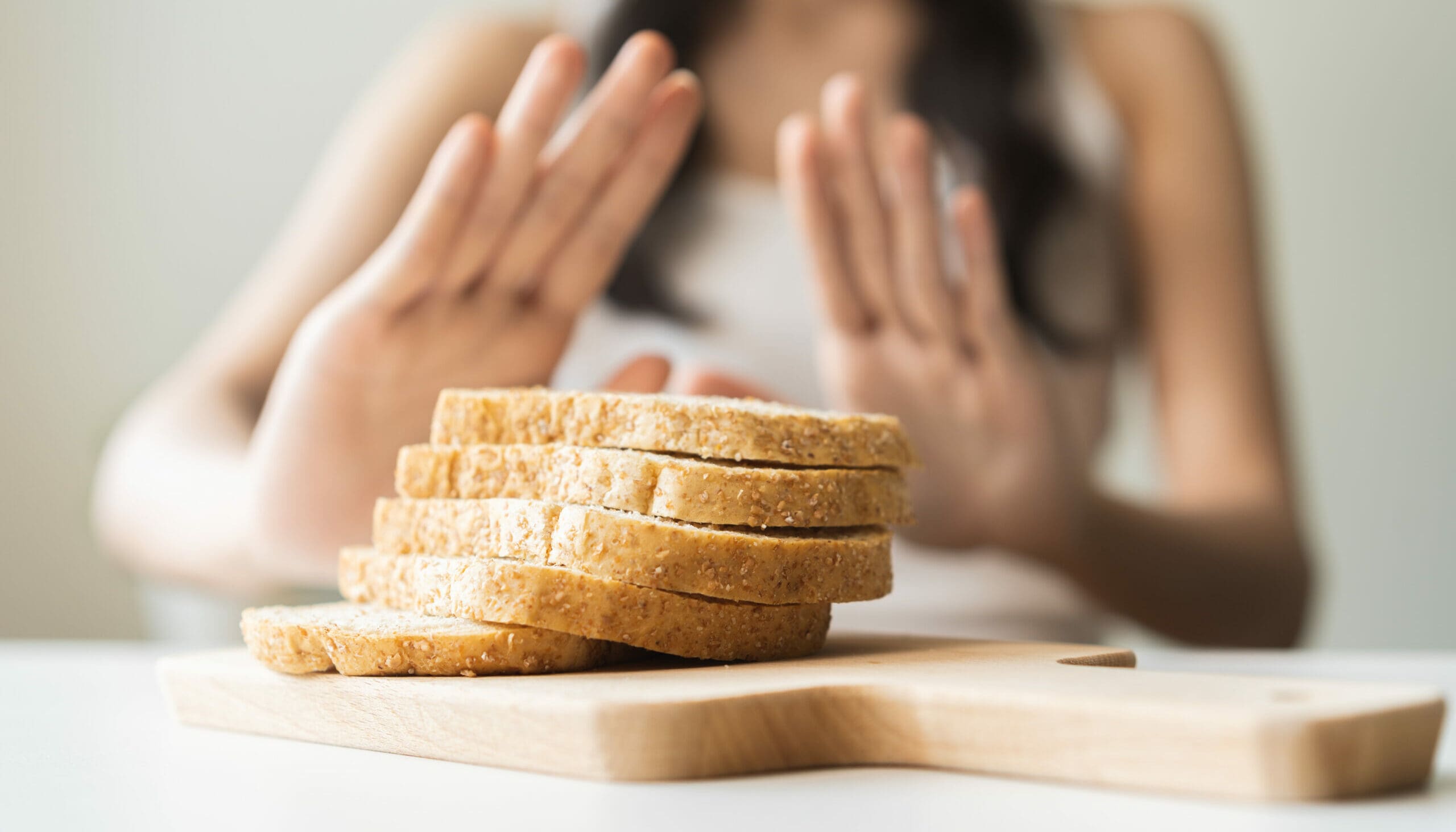
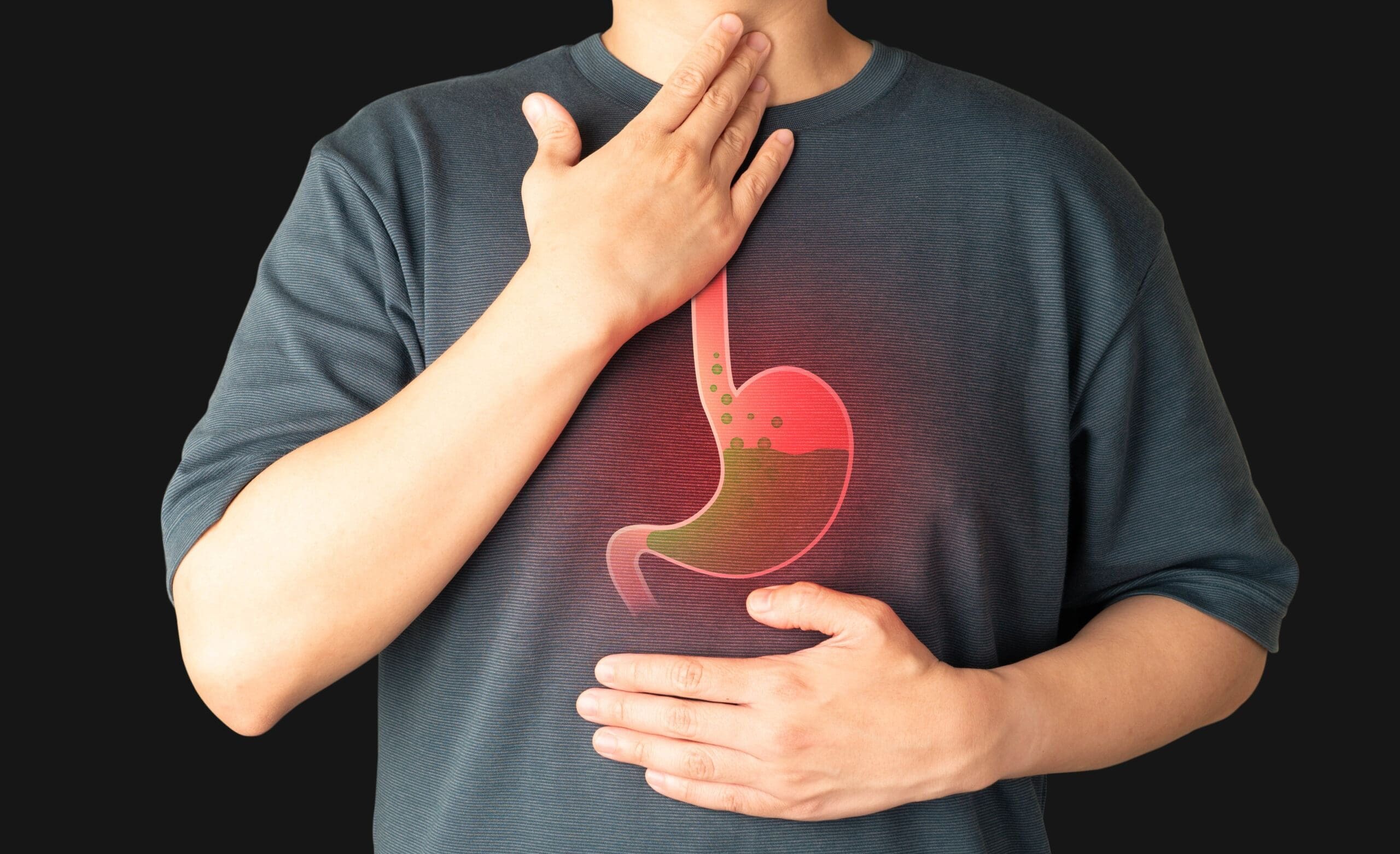
Leave A Comment